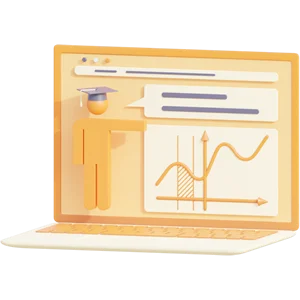MSC SUBJECT: - MEDICAL MICROBIOLOGY
Medical microbiology, the large subset of microbiologythat is appliedto medicine, is a branch of medical science concerned with the prevention, diagnosis and treatment of infectious diseases. In addition, this field of science studies various clinical applications of microbes for the improvement of health.
A medical microbiologist studies the characteristics of pathogens, their modes of transmission, mechanisms of infection and growth. The academic qualification as a clinical/Medical Microbiologist in a hospital or medical research centre generally requires a master's in microbiology along with Ph.D. in any of the life-sciences (Biochem, Micro, Biotech, Genetics, etc.).[1] Medical microbiologists often serve as consultants for physicians, providing identification of pathogens and suggesting treatment options. Using this information, a treatment can be devised. Other tasks may include the identification of potential health risks to the community or monitoring the evolution of potentially virulent or resistant strains of microbes, educating the community and assisting in the design of health practices. They may also assist in preventing or controlling epidemics and outbreaks of disease. Not all medical microbiologists study microbial pathology; some study common, non-pathogenic species to determine whether their properties can be used to develop antibiotics or other treatment methods.
Preview document (3 of 719 pages)
Knoowy benefits
$ 44,45
 Money back guarantee
Money back guarantee
 Documents can be downloaded immediately
Documents can be downloaded immediately
 $0.50 discount when paying with balance
$0.50 discount when paying with balance
-
 Receive free quiz questions with document
Receive free quiz questions with document

Specifications
- School: Open University
- Course: Healthcare
- Subject: MICROBIOLOGY
- All documents for this course ›
- Type of report: MEDICAL MICROBIOLOGY
Document
- Section: Studies & Theses
- Made on: 12-12-2022
- Type: .pdf
- Pages:
- Language: English
Tags
Seller
Earn from your summaries?
Subjects of Healthcare - Open University
More Healthcare ›ace health coach chapter 1 quiz – questions and answers- latest 2023/2024 ace health coach exam:section 2 chapters 4-7 | latest 2023/2024 anatomy anatomy and physiology asvab ati ati pharmacology exam review with complete solutions| latest 2023/2024 ati pharmacology learning system quiz with complete solutions | latest 2023/2024 solutions ati pharmacology practice assessment questions with complete solutions | latest 2023/2024 ati pharmacology proctor 2019 questions with approved answers (already graded a+) ati pharmacology questions with 100% correct solutions | latest 2023/2024- graded a+ ati pharmacology quiz 1 with complete solutions | latest 2023/2024 bacteriology biology healthcare - nursing hesi medical imaging physics mental health microbiology nursing nurtion pharmacology psychology severe obesity blunts antibody response to covid test bank for nursing research in canada: methods, critical appraisal, and utilization, 4th edition lobiondo-wood isbn: 9781771720984
 Deal: get 10% off when you purchase 3 or more items!
Deal: get 10% off when you purchase 3 or more items!
Deal: get 10% off when you purchase 3 or more items!








